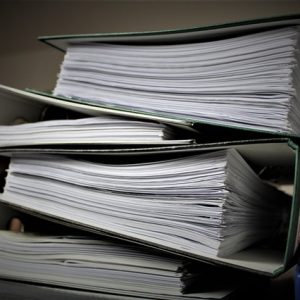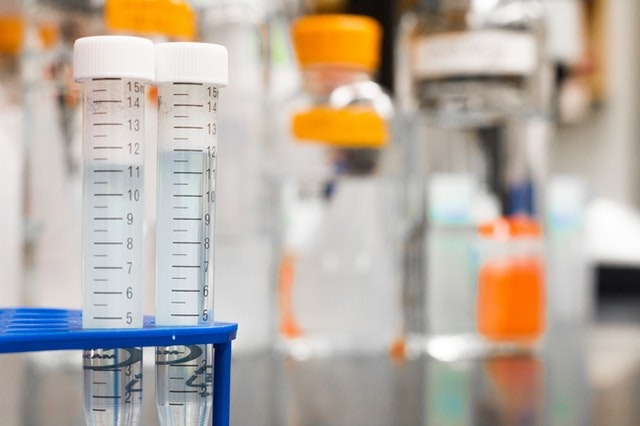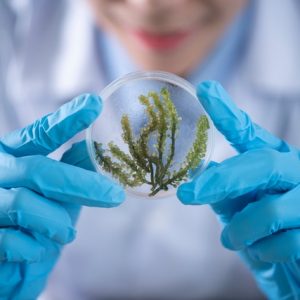Online Cambridge International A-Level Chemistry Frequently Asked Questions:
How do I study the course? Online.
Where can I study from? UK or International.
How long is the course? 1 or 2 years.
Are there entry requirements? No.
What certificate do I get? Cambridge International A-Level Chemistry
What can I do with the qualification? Study degree qualifications or higher level Diplomas.
What level is the course? Equivalent to Level 3 Diplomas, USA Advanced Placement Program, Matriculation Certificate.
Are exams included? No, Open College are an independent learning provider only. You will have to book these with a Cambridge International exam centre.
When can I enrol? At any time.
More Information
Your online Cambridge International A-Level Chemistry course will come with full tutor support for the length of your studies. You will have access through an online learning portal to all materials and information that you need to study and learn in preparation for your examinations.
The course materials have been specially written to enable students to self study the course. You can work through the syllabus at a pace and rate that suits you. Within the course, there is a combination of interactive elements, reading and self assessment questions for students to enjoy and work through as they progress their studies.
You can opt to study this A Level course over 1 year or 2. Fast tracking your learning is the best way to get your results quickly ready for University. If one year isn’t enough for your studies, you can extend your learning time for free.
Examinations for Cambridge International A-Level Chemistry are held every year in the June and November examination period. If you need more help or advice regarding studying this course, contact one of our helpful team for more assistance.
Cambridge International A-Level Chemistry Syllabus
This course has the following thematic content:
Atoms and forces
Matter is built from atoms interacting and bonding through electrostatic forces. The structure of matter
affects its physical and chemical properties, and influences how substances react chemically.
Experiments and evidence
Chemists use evidence gained from observations and experiments to build models and theories of the
structure and reactivity of materials.
Patterns in chemical behaviour and reactions
By identifying patterns in chemical behaviour we can predict the properties of substances and how they
can be transformed into new substances by chemical reactions. This allows us to design new materials
of use to society.
Chemical bonds
The understanding of how chemical bonds are made and broken by the movement of electrons allows
us to predict patterns of reactivity.
Energy changes
The energy changes that take place during chemical reactions can be used to predict both the extent
and the rate of such reactions.
Units of study:
Physical chemistry
1 Atoms, molecules and stoichiometry
2 Atomic structure
3 Chemical bonding
4 States of matter
5 Chemical energetics
6 Electrochemistry
7 Equilibria
8 Reaction kinetics
Inorganic chemistry
9 The Periodic Table: chemical periodicity
10 Group 2
11 Group 17
12 An introduction to the chemistry of transition elements
13 Nitrogen and sulfur
Organic chemistry and analysis
14 An introduction to organic chemistry
15 Hydrocarbons
16 Halogen derivatives
17 Hydroxy compounds
18 Carbonyl compounds
19 Carboxylic acids and derivatives
20 Nitrogen compounds
21 Polymerisation
22 Analytical techniques
23 Organic synthesis
All candidates study practical skills.
A Level Chemistry works well with:
If you need more UCAS points to enable you to go to University, these A Levels work well with Chemistry:
Examination Information
- Cambridge International A-Level examinations are available both in the UK and Internationally.
- Examination period is available in June and November examination period.
- Cambridge International A-Level Chemistry course code: 9701
- Examination for the A-Level will need to be carried out at a registered Cambridge International examination centre.

 Online Handling Information in a Care Setting Course
Online Handling Information in a Care Setting Course 




